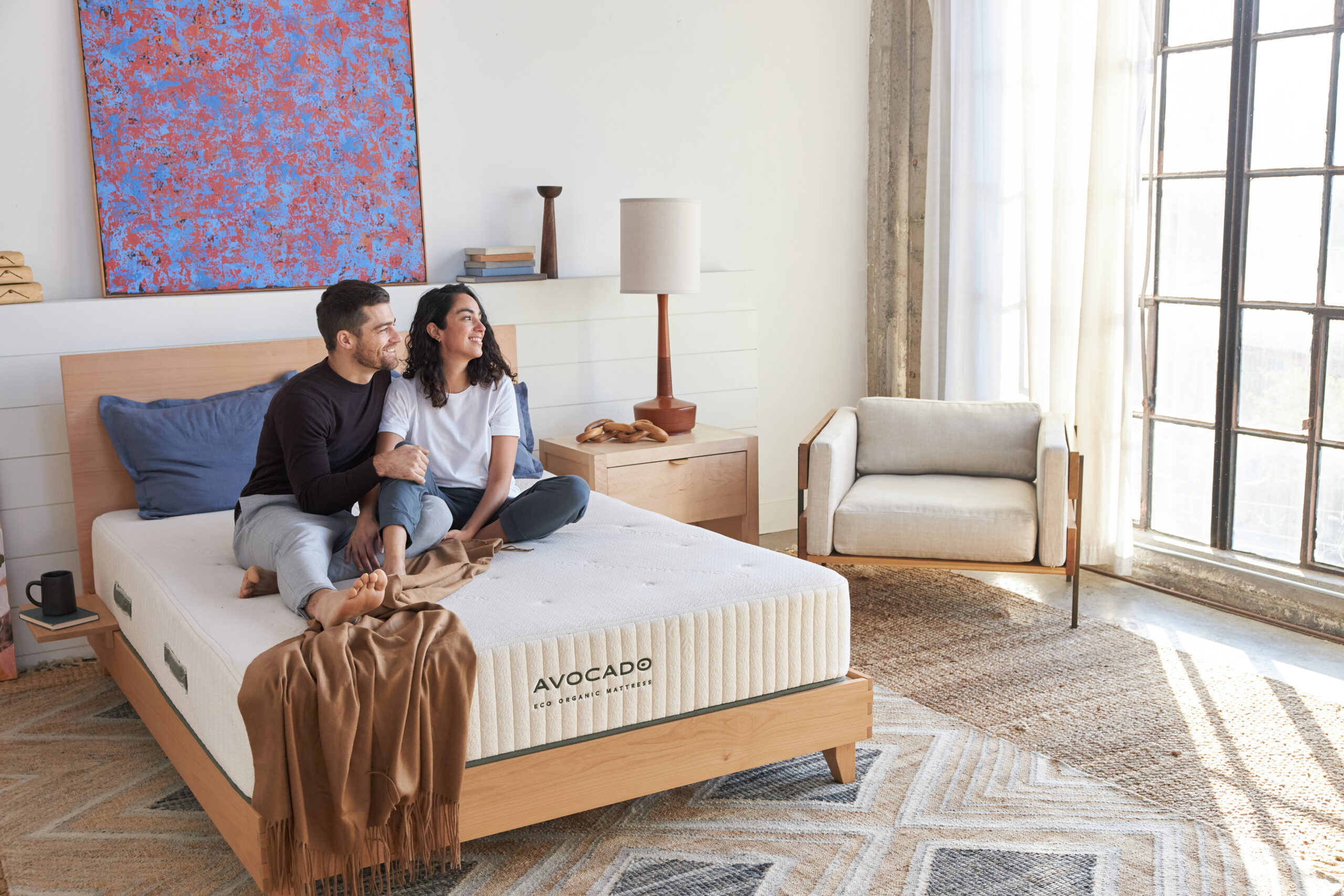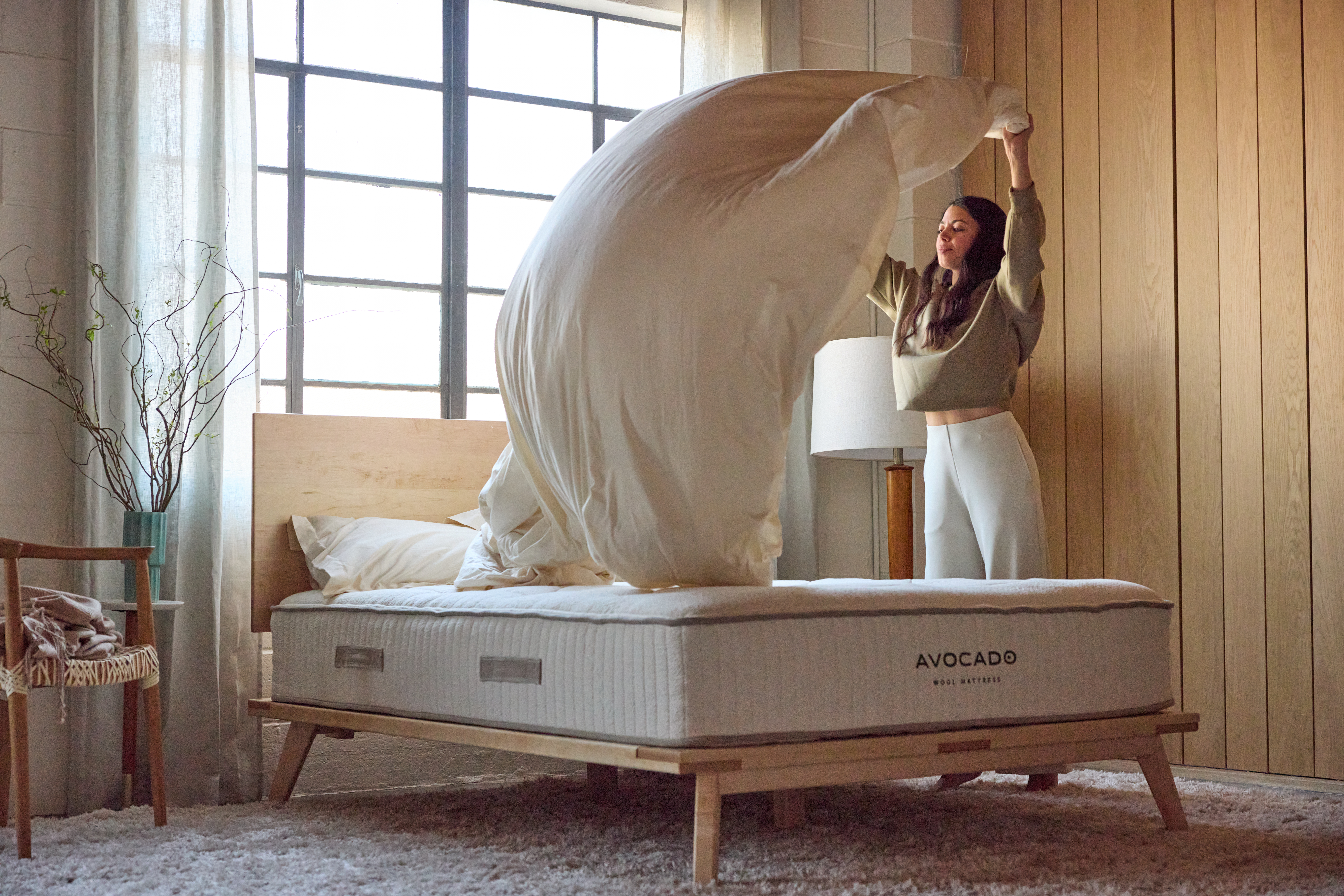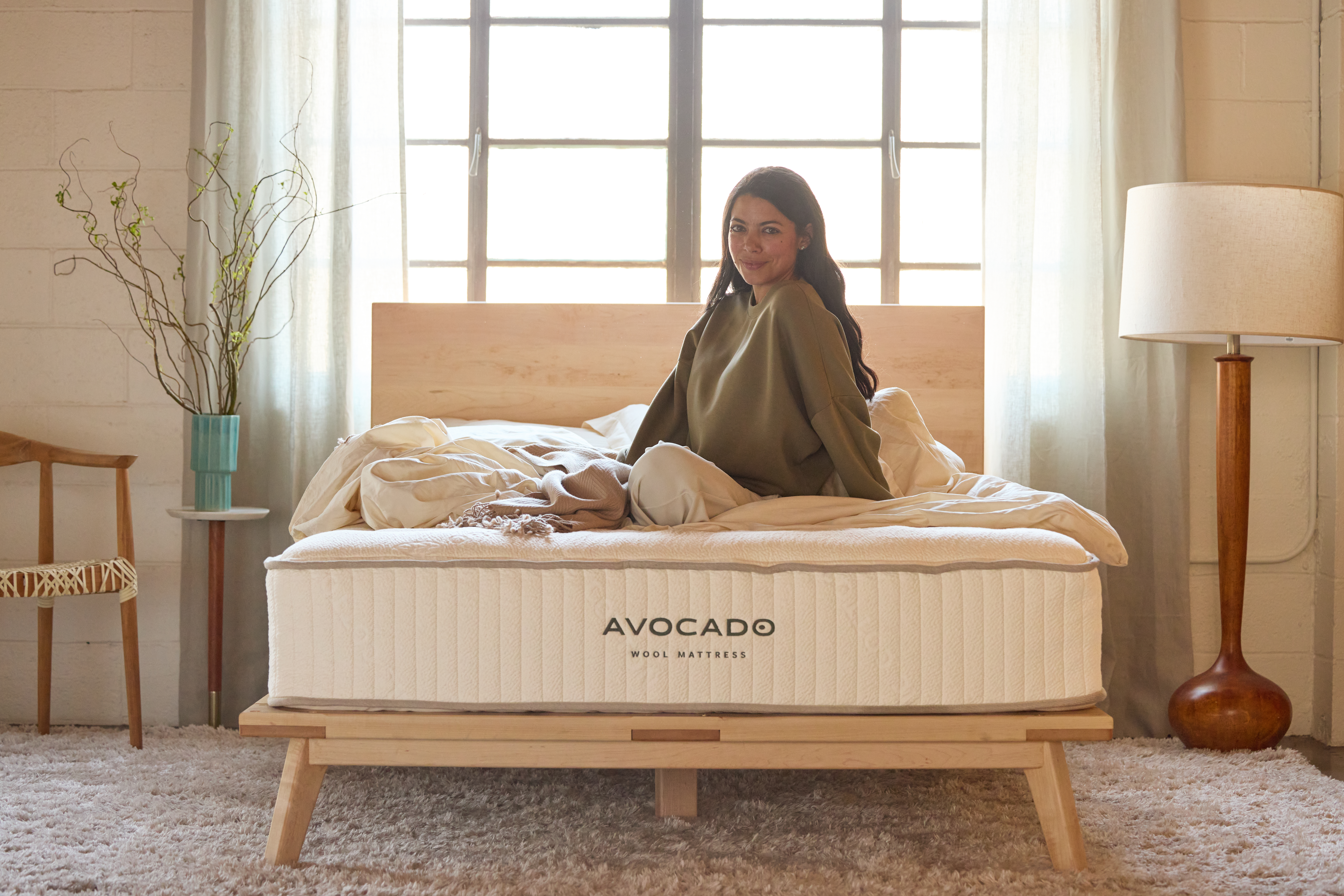My parents still live in the house I grew up in. As you can imagine, they’ve accumulated their fair share of clutter. There are boxes of dusty decorations in the basement, “artwork” from my grade school days, a bin of chargers and cords, and decade-old tax returns shoved in a filing cabinet.
The thing is, they’re not the exception. Clutter happens to most of us. We accumulate things we don’t need, we stuff unwanted gifts into closets and clothes we don’t wear into drawers and storage bins. And when that yearly reminder to sift through all the clutter comes calling (hello, spring cleaning), tackling it in one sitting can be overwhelming and stressful.
So, how do you lessen the mental load of mass decluttering while keeping your house tidy? Try Norwegian life-cleaning, or dødsbo rydding.
Grounded in Scandinavian culture, which encourages letting go of what no longer serves you, appreciating items that hold value or sentiment, and embracing a life centered on values rather than possessions, it’s more mindfulness practice than a daunting chore.
The intention is two-fold: to live a simpler, more meaningful life and to ease the burden for loved ones tasked with deciding what to do with your belongings when you pass.

Read more: How to Create a Low-Cortisol Bedroom Aesthetic
How Clutter Affects Mental Health
When clutter builds up in garages, basements, and living areas, all that stuff not only becomes an eyesore, it stresses us out. And women are more affected.
A UCLA study found that women who lived in cluttered homes had significantly higher levels of cortisol, or the hormone linked to stress. The more stuff that was visible, the longer their stress levels stayed elevated.
The reason has to do, in part, with cognitive overload. Our brains constantly process information, from the podcast you’re listening to and emails you’re reading to your environment – even if you’re not aware of it. So when papers, clothes, and knick knacks pile up around the house, the brain struggles to prioritize what it should pay attention to.
And that prolonged mental exhaustion can lead to feelings of overwhelm and stress, and impact the ability to focus and make decisions.
Benefits of Norwegian Life-Cleaning
It’s tempting to keep boxes and bins of things for those “what if” scenarios we use to justify the clutter. But more often than not, we forget about half the items we’ve collected.
Here are the benefits you stand to gain by pairing it all down with Norwegian life-cleaning – and sticking with the framework for the long haul.
A minimalist mindset. A life well lived doesn’t include tons of stuff. Letting go of the items you don’t use anymore, the clothes that no longer fit, and the pressure to buy the latest trends will reduce the amount of clutter in your house and help shift the way you think about material possessions.
Decreased stress. Getting rid of unnecessary clutter will take a load off your brain. And with less to distract it, you’ll feel less stressed and more present throughout the day.
A more peaceful living space. Once you get rid of clutter, you’ll be able to fully enjoy your space, along with a more peaceful, calm vibe.
Minimize after-life tasks for family. By taking initiative to slim down your belongings now, you’re sparing loved ones the burden of sorting through excess items later.

Read more: Clear Space, Clear Mind: The Case for Visual Rest
How to Get Started
Since the idea behind Norwegian life-cleaning is to eliminate clutter early and enjoy a simple, more present lifestyle, there’s no right or wrong way to go about it. But if you need some help getting started, here are some tips.
Create a checklist of areas and items you want to tackle. For example, the attic, basement, or under-the-bed storage. Then, make a schedule, designating a morning or afternoon to decluttering, and spacing it out over a few weeks.
When you’re ready to declutter, start with the closets. Donate clothes that don’t fit or no longer vibe with your style. Turn old t-shirts into cleaning rags and organize seasonal items so you can easily switch them out during the year.
If you begin to feel overwhelmed, take a break.
Next, rethink your furniture, decor, and trinkets. If it doesn’t bring you joy or you’re holding onto an item out of obligation, consider if it’s worth keeping.
Delete digital clutter like old emails, organize important documents into folders, uninstall apps you don’t use, and unsubscribe from newsletters you’re not interested in. Write down a physical list of accounts and passwords that you can store somewhere safe that loved ones can access.
Digitize old photos, cards, and other sentimental or necessary paperwork and shred the physical copies once you do.
A few months ago, I helped my parents go through my childhood room. We ditched and donated all sorts of stuff and kept the items that still hold memories and family connection.
And slowly but surely, they’re clearing out the rest of the house. I’m grateful they are. Not only are they already enjoying a life with less stuff, down the road, I won’t have to worry about which items should be saved, and what is just, well… clutter.

Read more: Nature’s Touch: Enhancing Sleep Quality Through Biophilic Design
Have feedback on our story? Email [email protected] to let us know what you think!

Shop Pillows
The Essential Organic Pillow Collection
Gentle, breathable, non-toxic support.







